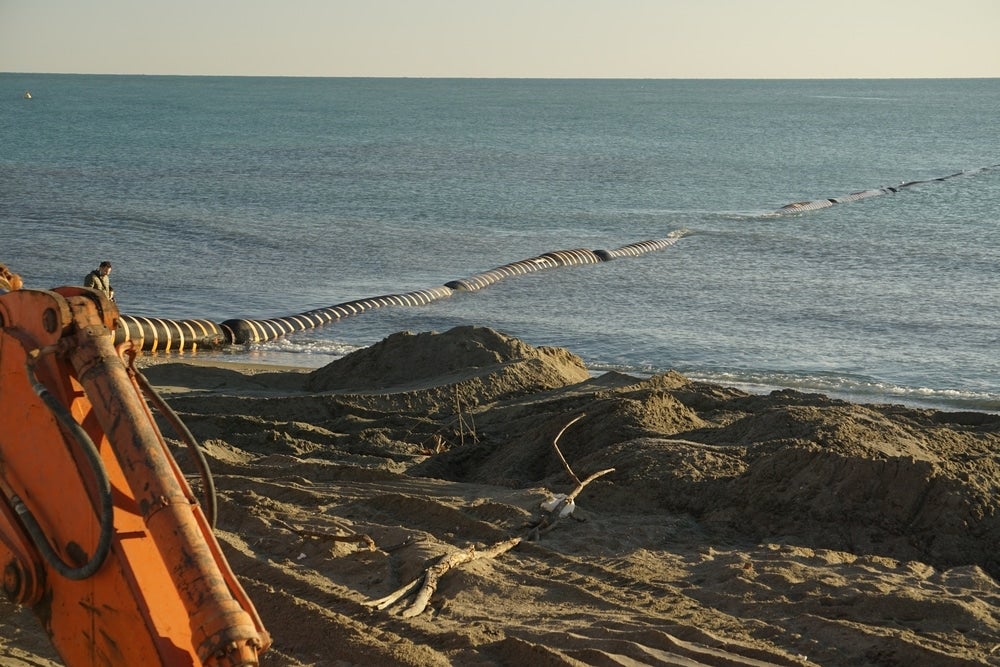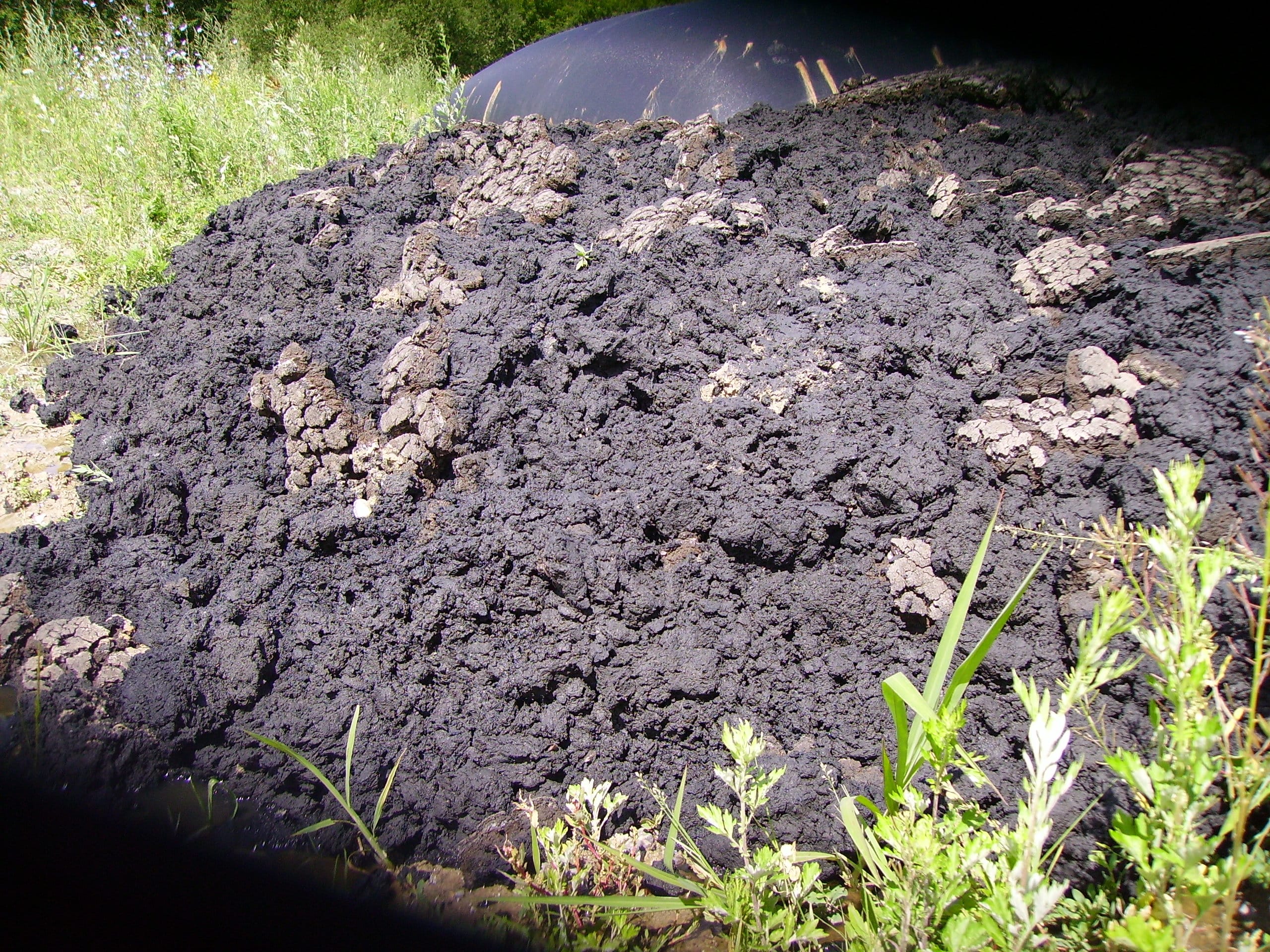The excavation of underwater sediments during dredging results in a slurry of water and solids. Water-soluble polymers are employed to filter this effectively. As flocculants, they prompt the formation of flocs by aggregating fine particles, which can then be readily separated. As coagulants, they neutralize charges that cause particles to repel each other, enabling easier aggregation. These polymers are integral to a wide array of filtration processes:
- Plate and frame presses use polymers to bind particles together before pressure is applied to extract water
- Belt presses rely on polymers to flocculate the particles, facilitating their separation as the sludge moves through the press under mechanical pressure
- In vacuum filtration, polymers help form a dense filter cake by filtrate water being effectively drawn out by suction
- During centrifugation, polymers enhance the consolidation of particles for easier removal when solids and water are separated under high g-forces
- In the case of geotextile tubes, polymers improve the consolidation and dewatering of the dredged material
- For beach dewatering and other processes, polymers ensure efficient separation of water from the sediments


